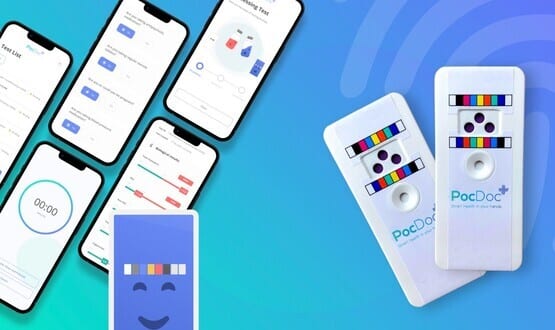Newcastle tracks paper notes
- 23 June 2015

The Newcastle Upon Tyne Hospitals NHS Foundation Trust has tagged about 250,000 paper patient records with tracking technology from 6PM Group.
The trust began using the company's File and Inventory Tracking solution in February this year in order to keep track of the 1.6 million files of case notes that are still contained in paper records in hospital libraries.
Using the iFIT system, Newcastle attaches barcode labels to paper records and to shelves in the trust’s record libraries.
Each time a paper record is put back in the library a member of staff uses a handheld device to scan both the file’s barcode and then to scan the barcode label on any nearby shelf where the file will be stored, linking that shelf ID to the file.
Someone looking for a file can then look on the iFIT software to see what shelf label a file has been linked to.
Gordon Elder, Newcastle's outpatients and records manager, told Digital Health News this system has saved the trust “an enormous amount of time”.
“We used to have a team of 12 [sorting library records], now we have a team of four.”
Paper records are also tagged with radio frequency identification tags, meaning that files can be tracked throughout the trust using 26 fixed RFID readers installed in busy locations such as outpatient departments.
Once someone has tracked down the general location of a file in a department they can then use a handheld reader known as a Go-Find Gun that emits a signal the closer it gets to the file.
Elder said the ability to track records around the trust is important as sometimes clinicians leave files on desks and do not keep track of where they are.
“Clinicians and admin staff don’t take notes and not track them on purpose, but something happens and it goes out their heads and they just forget, and inevitably that patient attends and we can’t find the notes.
“This is all about patient safety. It’s about making sure we have the case notes available when the patient needs them and when they attend our trust to make their care as safe as possible.”
Elder said that the trust will continue to tag paper files and will see the full benefit of the system when it hits a critical mass of 400,000 to 500,000 reports, which he hopes to achieve by November.
Elder also said that Newcastle also plans to expand the iFIT system to track things like high risk pathology specimens. The trust is working on developing a pilot to track biopsies with an RFID added to the container that would allow the trust to create a full audit trail for each specimen.
It is also exploring ways to use iFIT to keep track of the maintenance of the hundreds of thousands of pieces of hospital kit, from beds to lamps.




